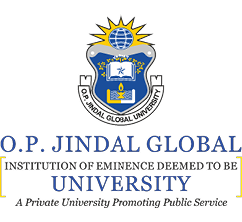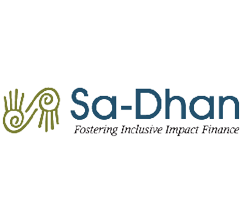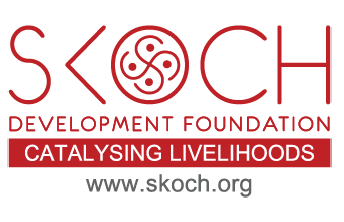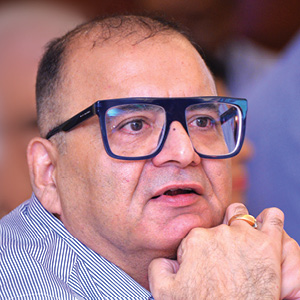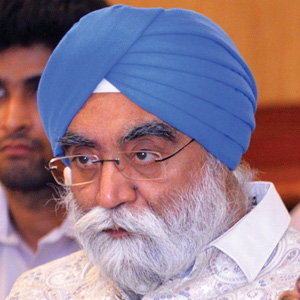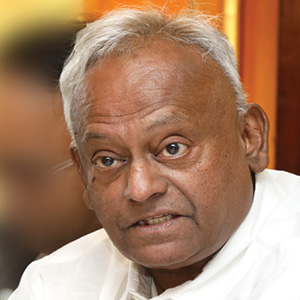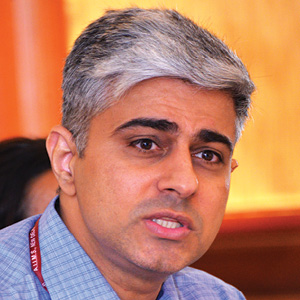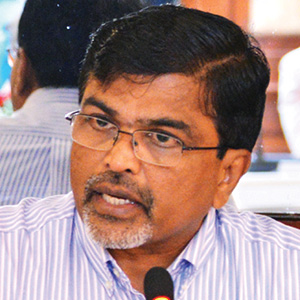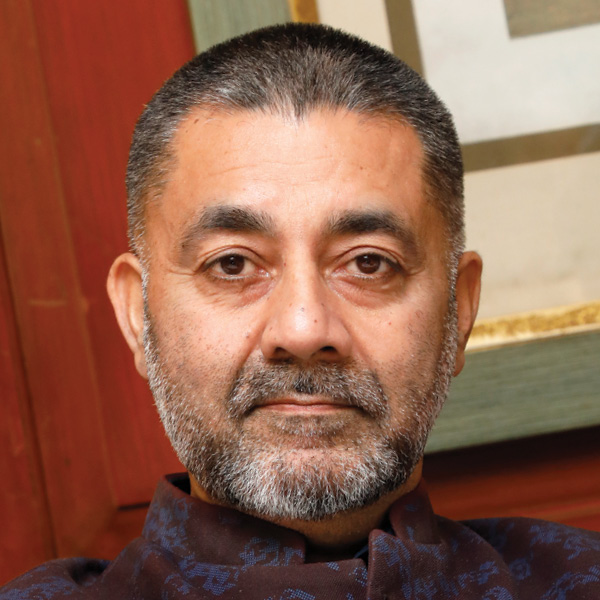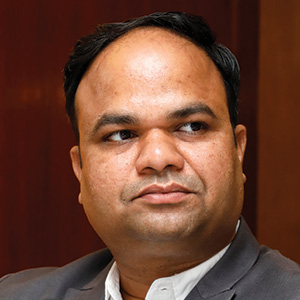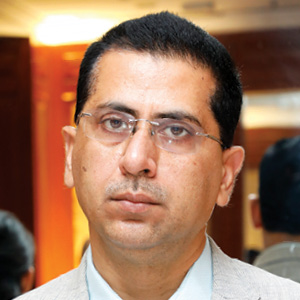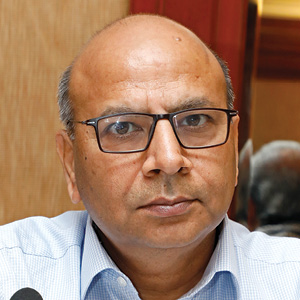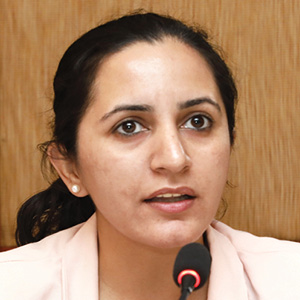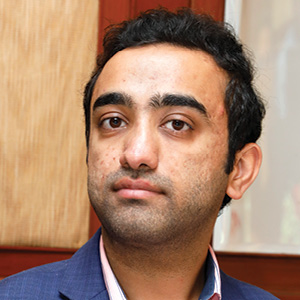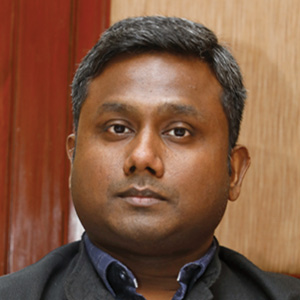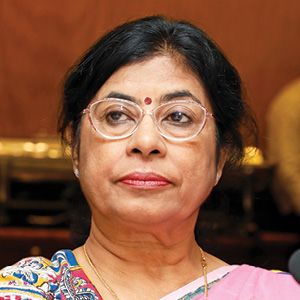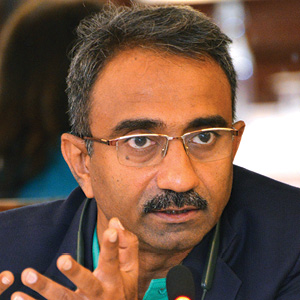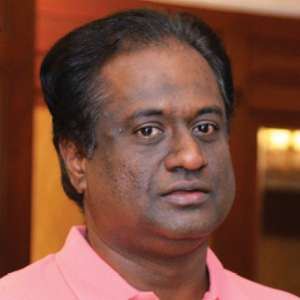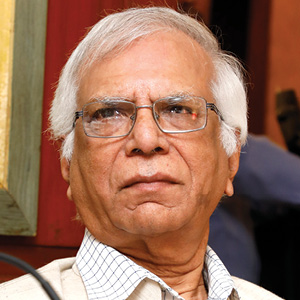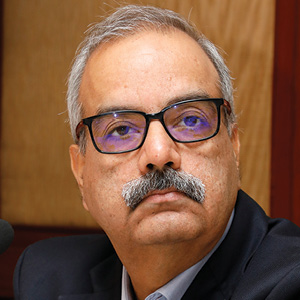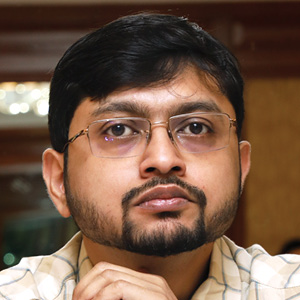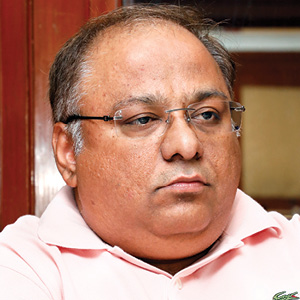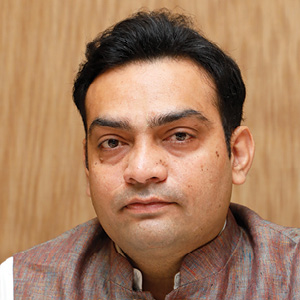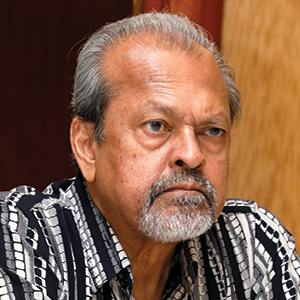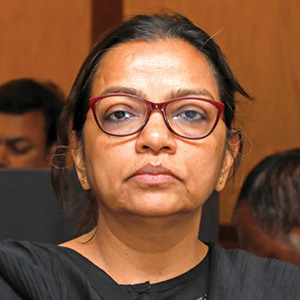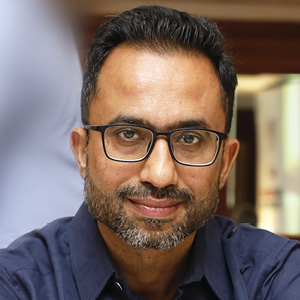
Participants at the Workshop Defining Responsibility Frameworks
1st Workshop on Responsibility Frameworks
- The workshop participants agreed that Indian Indices based on Frameworks are needed to measure progress, compliance, and impact assessment. To that end, everyone appreciated the collaborative approach of SKOCH Group and the work being done at the India 2047 Centre of Excellence.
- Given that India 2047 will be Digital, defining responsibility frameworks was found to be extremely important in providing guardrails and redressal mechanisms for citizens, compliance with the existing laws, and de-risking against future laws that can be foreseen. It was felt that the journey from ‘Poster Boy of Digital Business to Villain of Digital Business’ is short due to the lack of regulatory clarity, the time taken to frame the regulation and the rapid-fire frequency of change in regulation.
- The SKOCH Centre of Excellence presented a superset of indicators for Corporate Digital Responsibility and mapped the practices in India, the UK, the USA, Brazil, Germany, France and Canada. A similar exercise was carried out for Digital Gaming and Digital Lending.
- There was a consensus on the methodology being used and the indicators identified. It was decided that the correct approach would be a graduated one that measures the incremental increase in compliances yearly. The Esports Federation submitted its suggestions in writing.
- Issues related to the Digital Lending Framework were presented by the Fintech Association for Consumer Empowerment (FACE), Sa-Dhan and MFIN. It was felt that digital lending to consumers needed responsibility frameworks. An eco-system approach followed in Microfinance and MSME flow-based lending could show the way.
- It was also felt, that quite a few existing regulations for Digital Lending could be applied to other Digital Businesses including Real Money Games.
- Dr Yatan Singh Balhara, AIIMS pointed out the serious challenges of Digital Wellness and how these spread over domains of several ministries and departments. Jindal School of Psychology and Dr Balhara will provide inputs on the Digital Wellness indicators.
- It was felt that the National Human Rights Commission (NHRC) could play a pivotal role in providing a better quality of life and a life of Dignity in the Digital Space.
- Jindal Global Law School and the Jindal School of Government and Public Policy would work on the responsibility framework for Artificial Intelligence (AI). They would also support the group on New and Emerging Strategic Technologies (NEST).
- Views on the Responsibility Framework for OTT were shared by Mr Amarendra Singh of the Ministry of Information and Broadcasting and a representative from the Ministry of External Affairs shared the vision of NEST. Dr Sabyasachi Saha of RIS will be contributing to this group, too.

